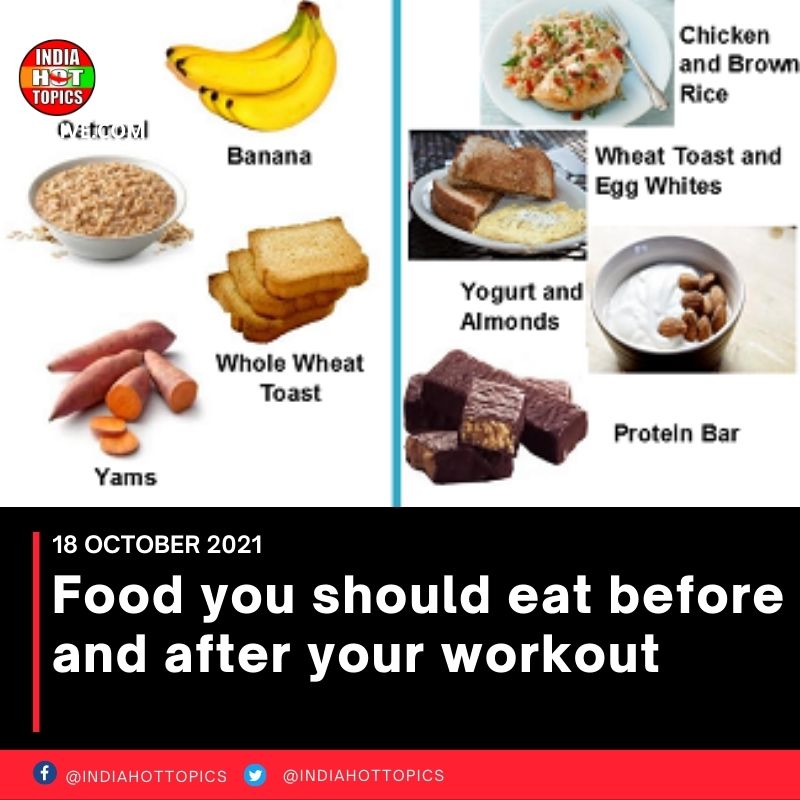Last night in Mumbai, all the prominent figures from Bollywood attended producer Ashvini Yardi’s birthday celebration. The celebration was attended by a number of celebrities, including Salman Khan, Akshay Kumar, Sonakshi Sinha, Kartik Aaryan, Ekta Kapoor.
Riteish Deshmukh, and Genelia D’Souza, in addition to the rumoured coupling of Sidharth Malhotra and Kiara Advani. Sidharth and Kiara smiled for photographers outside the venue while wearing fashionable outfits.
Sidharth Malhotra and Kiara Advani turned heads at a star-studded birthday party with their impeccable fashion choices and undeniable chemistry. The Bollywood power couple, known for their on-screen and off-screen charisma, made a stylish appearance that left fans and photographers.
The two actors frequently spend out together, and this party was one of those times even if they haven’t totally embraced their connection. Scroll down to see their outfits for the affair. Meanwhile, Sidharth Malhotra and Kiara Advani have confessed their relationship while appearing in several episodes of Koffee With Karan season.
Celebrities flocked to Mumbai on Monday to celebrate Ashvini Yardi’s birthday with a star-studded party. In the same car, Sidharth Malhotra and Kiara Advani also made their way to the celebration and posed for photos with photographers outside the venue. Sidharth complemented Kiara’s star-studded.
event attire of a halter crop top and shimmering skirt by wearing jogging trousers and a casual denim tee. Particularly chic was Kiara’s attire for the event, which we adored. On social media, numerous paparazzi accounts posted videos of the two celebrities. Speaking of Kiara’s glitzy attire, the Shershah actor wore a fashionable crop top with a butterfly design. The white blouse has a figure-hugging fit, an asymmetrical hem, a bare-back design with ties on the back, and a halter-style plunging V neckline.
Kiara paired it with a golden-colored shimmering skirt with a flowy style, wide high-rise waistline, and pleated accents at the ankle-length hem. She accessorised the look with bold rings, yellow box-shaped hoops, and black strappy high heels. Open hair with a centre part, a neutral lip colour, and dewy makeup completed the look.
Sidharth, on the other hand, posed with Kiara while wearing an acid-washed denim collared shirt with full-length sleeves that were folded in and front patch pockets. His outfit for the occasion included a chic watch, grey baggy pants, high-top white lace-up sneakers, a centre-parted hairstyle, and a clean-shaven face.
Meanwhile, Sidharth Malhotra and Kiara Advani have sort of confessed their relationship while appearing in several episodes of Koffee With Karan season 7. In the 2021 movie Shershaah, the two celebrities were spotted together.
Riteish Deshmukh, and Genelia D’Souza, in addition to the rumoured coupling of Sidharth Malhotra and Kiara Advani. Sidharth and Kiara Sidharth, on the other hand, posed with Kiara while wearing an acid-washed denim collared shirt with full-length sleeves that were folded in and front patch pockets.
His outfit for the occasion included a chic watch, grey baggy pants, high-top white lace-up sneakers, a centre-parted hairstyle, and a clean-shaven face. smiled for photographers outside the venue while wearing fashionable outfits. The two actors frequently spend out together, and this party was one of those times even if they haven’t totally embraced their connection. Scroll down to see their outfits for the affair.
Sidharth Malhotra and Kiara Advani turned heads at a star-studded birthday party with their impeccable fashion choices and undeniable chemistry. The Bollywood power couple, known for their on-screen and off-screen charisma, made a stylish appearance that left fans and photographers in.
Group Media Publications
Entertainment News Platforms – anyflix.in
Construction Infrastructure and Mining News Platform – https://cimreviews.com/
General News Platform – https://ihtlive.com/
Legal and Laws News Platforms – https://legalmatters.in/
Podcast Platforms – https://anyfm.in/


 Ranbir Kapoor3 weeks ago
Ranbir Kapoor3 weeks ago
 Sunny Leone2 weeks ago
Sunny Leone2 weeks ago
 Mahakumbh2 weeks ago
Mahakumbh2 weeks ago
 Parineeti Chopra3 weeks ago
Parineeti Chopra3 weeks ago
 Pahalgam Attack2 weeks ago
Pahalgam Attack2 weeks ago
 American Dream6 days ago
American Dream6 days ago
 UP Board Result 20252 weeks ago
UP Board Result 20252 weeks ago
 Trending3 weeks ago
Trending3 weeks ago














.1.jpg)
.jpg)








